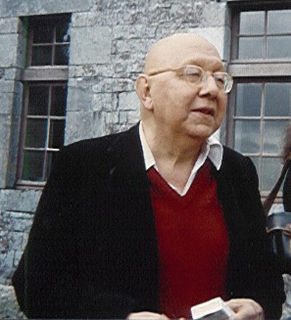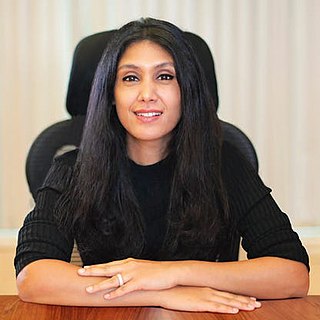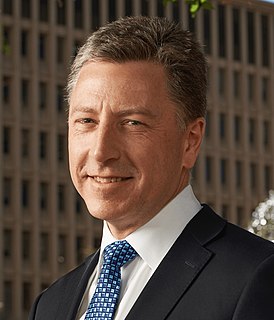A Quote by Antonio Guterres
Preventing conflict means going back to basics - strengthening institutions and building resilient societies.
Related Quotes
I did this campaign that was called "Back to the Basics" where I went back to the street, went back to my block, and really felt the people. We've got to go back to that sometimes. We distance ourselves from that and we see it from afar. Some people can't relate back to that; once you're out of it, they don't want to relate back to that. It's always good to get back to the basics, though. You've got to touch the roots, you've got to touch those people. Regardless of what's going on, people always respect that.
When you have a conflict, that means that there are truths that have to be addressed on each side of the conflict. And when you have a conflict, then it's an educational process to try to resolve the conflict. And to resolve that, you have to get people on both sides of the conflict involved so that they can dialogue.
We have to have a shared prosperity. We have to make that our job number one. People want a better economic playing field for working Americans. And they're voting for it. Our job is to make sure that people know that the Democratic party is the party that is going to deliver that for them. And that means strengthening the grassroots. That means strengthening the local precinct county level and making sure that we're all channeled on massive turnout for that program.
While all societies make their own imaginaries (institutions, laws, traditions, beliefs and behaviors), autonomous societies are those that their members are aware of this fact, and explicitly self-institute (????-?????????). In contrast, the members of heteronomous societies attribute their imaginaries to some extra-social authority (i.e. God, ancestors, historical necessity)
I care about Ukraine's success as a country; I'd like to see the conflict resolved. I'd like to see us getting back to the idea we - you know, over many, many administrations, starting with George H.W. Bush and onward, we talked about a Europe whole, free and at peace. That we're looking to promote democratic societies, prosperous, market-driven societies and security for everybody, indivisible, including Russia. And we have never gotten there.


































